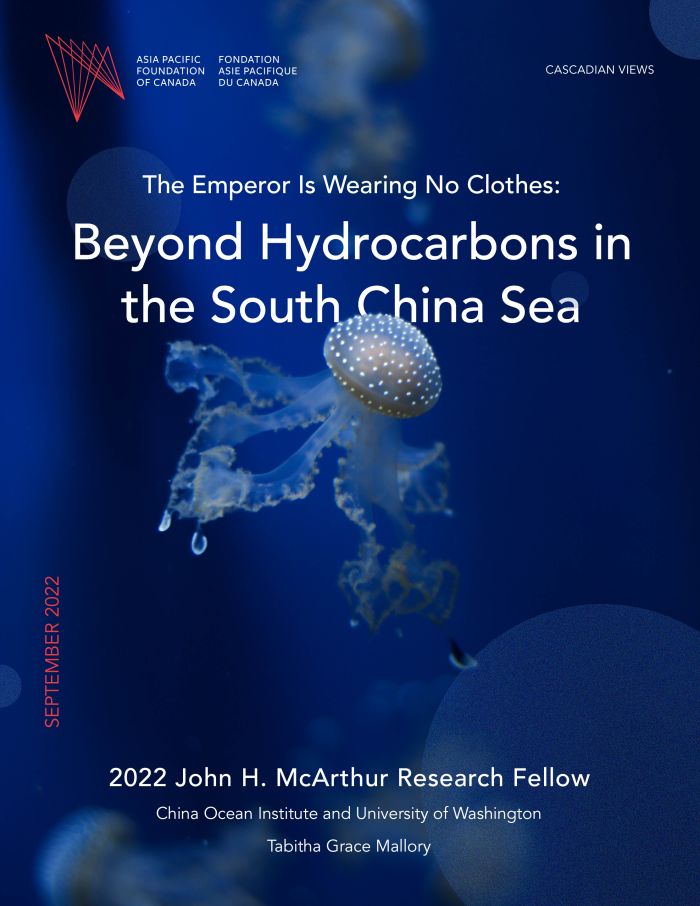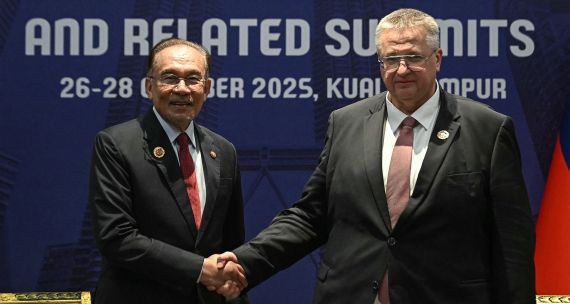The South China Sea (SCS) brings together an assortment of the complex energy and climate change challenges we all face around the world, underscoring the importance of transitioning away from our overdependence on fossil fuels. Energy sources have security implications as well, and much of the attention and conflict in the SCS has centred on the oil and gas in the seabed. Beyond hydrocarbons, the SCS also has the highest level of marine biodiversity in the world, the myriad benefits of which likely far outweigh the oil and gas interests. This “cost-benefit thought experiment” uses an integrative complexity lens to disaggregate the impetus behind offshore oil and gas drilling in the SCS, arguing that these motivations can be satisfied in other ways. With oil being a causal mechanism in up to half of all interstate wars in the past 50 years, the maps of SCS hydrocarbon resources are literal and figurative maps of death, and the report offers a comprehensive prototype map of the SCS marine biodiversity instead. Time and effort would be better spent working on protecting, studying and managing the SCS living marine resources, making for a more truly Pacific 21st century.
Download this 21-page report (button above) from Dr. Tabitha Grace Mallory, an inaugural John H. McArthur Research Fellow, an initiative of the Asia Pacific Foundation of Canada, and the Founder of China Ocean Institute and Affiliate Professor, Jackson School of International Studies, University of Washington.
Below, explore the rich marine biodiversity of the South China Sea, one of the most hotly-contested maritime jurisdictions on the planet, in this original map created by the author and APF Canada graphic designer Chloe Fenemore, based on historical and contemporary maps cited in the full report.





